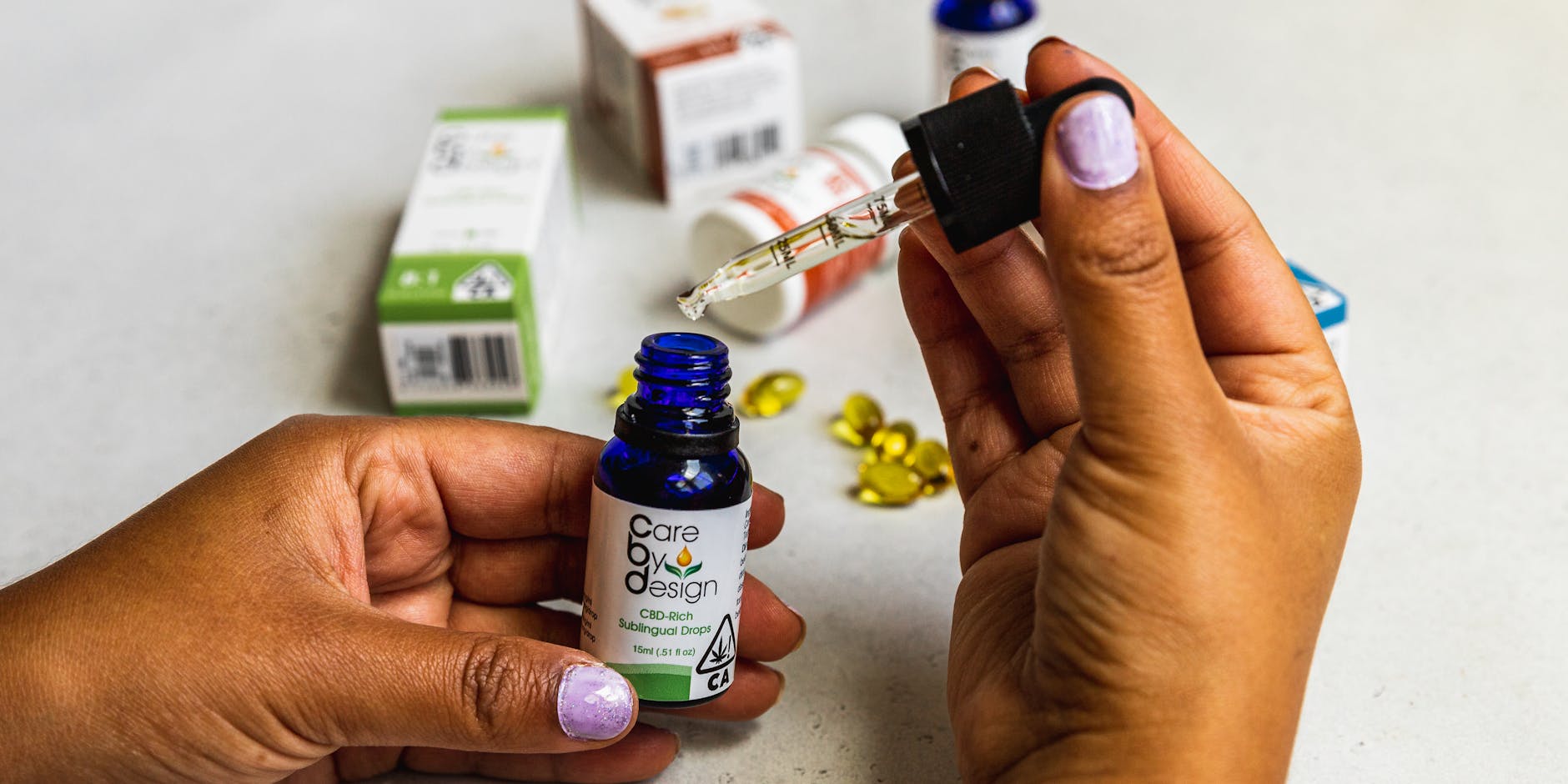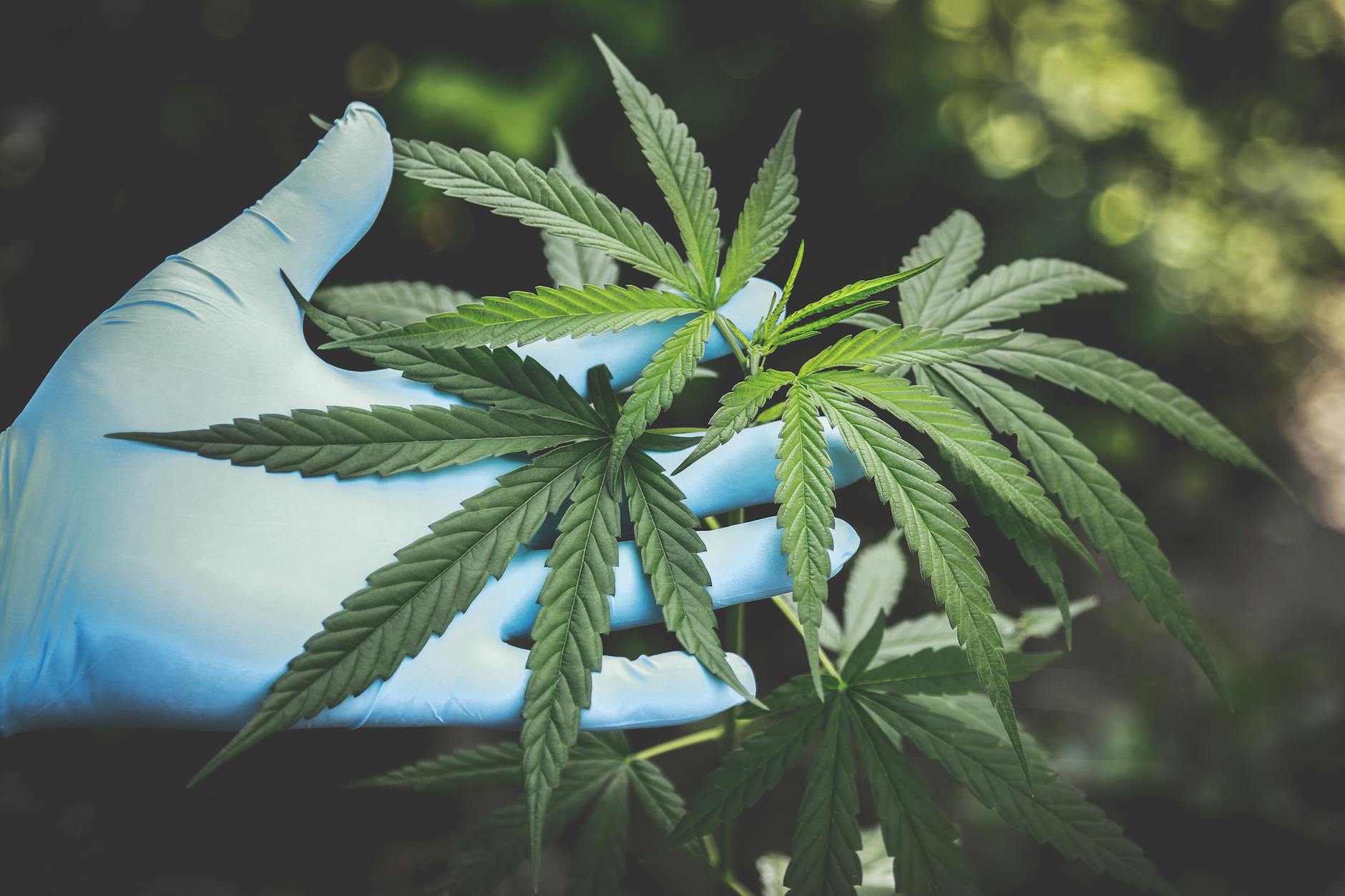Are you curious about the differences between CBD and THC and the benefits they offer? You’re not alone. CBD and THC are two popular cannabinoids found in the cannabis plant, each with its own set of advantages.
CBD, or cannabidiol, is a non-psychoactive compound that is commonly used for various therapeutic purposes. On the other hand, THC, or tetrahydrocannabinol, is known for its psychoactive effects that can alter brain function.
While THC is associated with the “high” feeling often linked to marijuana, CBD does not induce euphoria. Instead, CBD is valued for its potential to help manage conditions such as stress, anxiety, and pain, without the mind-altering effects of THC.
Understanding the contrasts between CBD and THC can help you make informed decisions about which cannabinoid may be more suitable for your individual needs. Keep reading to learn more about the distinctions and benefits of CBD versus THC and how they can potentially enhance your well-being.
Understanding Cannabinoids: CBD and THC
Cannabinoids are chemical compounds found in the cannabis plant that interact with the human body’s endocannabinoid system. The two most well-known cannabinoids are CBD (cannabidiol) and THC (tetrahydrocannabinol). While both come from the same plant, they have distinct characteristics and effects.
Distinguishing CBD and THC
CBD is non-intoxicating and does not produce a “high” effect commonly associated with cannabis use. On the other hand, THC is psychoactive and can alter one’s mental state. In terms of legality, CBD products are widely available in many states and have been legalized for medical and recreational use in some places. THC, on the other hand, is primarily used for medicinal purposes and is subject to stricter regulations due to its psychoactive properties.
 Photo by Elsa Olofsson
Photo by Elsa Olofsson
Understanding the differences between CBD and THC is crucial for making informed decisions about their usage. While CBD is favored for its therapeutic benefits without the euphoric high, THC is known for its potential medicinal properties in managing conditions like chronic pain and nausea. It’s essential to consider the legal status and accessibility of these cannabinoids before incorporating them into your wellness routine.
Exploring CBD Benefits and Usage
Cannabidiol (CBD) has gained significant popularity for its potential health benefits and various applications in everyday wellness routines. Before incorporating CBD into your regimen, it’s essential to understand the safety considerations and potential side effects associated with its usage.
Safety and Side Effects of CBD
When exploring the benefits of CBD, it’s crucial to prioritize safety and be aware of potential side effects that may arise. Here are some factors to consider before integrating CBD into your daily routine:
- Consult with Healthcare Provider: Before starting any CBD products, consult with your healthcare provider, especially if you have pre-existing medical conditions or are taking medications that may interact with CBD.
- Start with Low Dosage: Begin with a low dosage of CBD and gradually increase it as needed. This approach can help you determine your tolerance level and minimize the risk of adverse effects.
- Quality of Products: Choose high-quality CBD products from reputable manufacturers to ensure purity and effectiveness. Look for products that have been tested by third-party laboratories for transparency and quality assurance.
- Understand Potential Side Effects: While CBD is generally well-tolerated, some individuals may experience side effects such as fatigue, diarrhea, or changes in appetite. Monitoring your body’s response can help you adjust your dosage accordingly.
- Be Mindful of Drug Interactions: CBD may interact with certain medications, so it’s essential to be aware of any potential conflicts. Your healthcare provider can advise you on possible interactions and adjustments that may be needed.
By considering these factors and staying informed about the safety aspects of CBD usage, you can make informed decisions regarding its incorporation into your wellness routine.
 Photo by Nataliya Vaitkevich
Photo by Nataliya Vaitkevich
Discovering THC: Beyond the High
THC, or tetrahydrocannabinol, is a well-known cannabinoid found in cannabis that is often associated with the euphoric sensation known as a “high.” However, there is much more to THC than just its psychoactive effects. Understanding the risks and considerations associated with products containing THC is crucial in making informed decisions.
Risks and Considerations with THC
When it comes to THC, there are several risks and considerations to be mindful of. While THC can offer therapeutic benefits, it also comes with potential drawbacks. It’s essential to dispel misconceptions related to the recreational use of THC and understand the following:
- Psychoactive Effects: Products containing THC can alter perception, mood, and cognition, which may not be suitable for everyone.
- Legal Concerns: The legal status of THC varies by region, and possession of THC products may have legal implications.
- Dependency: Regular use of THC products can lead to dependency and tolerance, impacting overall well-being.
- Potential Side Effects: Side effects of THC may include dizziness, increased heart rate, and coordination problems.
Addressing these considerations can help individuals approach THC use with caution and awareness, ensuring a safe and beneficial experience.
 Photo by Aphiwat chuangchoem
Photo by Aphiwat chuangchoem
CBD vs THC: Making an Informed Decision
Cannabinoids, such as CBD (cannabidiol) and THC (tetrahydrocannabinol), have been gaining popularity for their potential health benefits. Understanding the legal and medical landscape surrounding these compounds is crucial for making informed decisions about their use.
Legal and Medical Landscape of Cannabinoids
Navigating the legalities and medical aspects of using cannabinoids can be complex. The future of cannabinoid research holds promise for potential medical advancements that could revolutionize treatment options for various conditions. As regulations evolve, it’s essential to stay informed about the changing landscape of cannabinoid legality and medical applications.
 Photo by Hazel Marie
Photo by Hazel Marie
For more information on cannabinoids research and legal status, you can check out this link.
Conclusion
In the comparison of CBD vs. THC benefits, it’s clear that both compounds offer unique advantages for various conditions and symptoms. CBD, as a non-psychoactive component, is favored for its therapeutic potential in managing pain, anxiety, and other health issues without the “high” associated with THC. On the other hand, THC’s psychoactive properties can be beneficial for certain medical conditions that require its specific effects.
As you take a closer look into the world of CBD and THC, remember that individual responses vary, and what works for one person may not work the same for another. It’s essential to consult with healthcare professionals or specialists when considering incorporating these compounds into your wellness routine. Keep exploring the diverse benefits of CBD and THC, stay informed, and make informed decisions about your health and well-being. The journey to finding the right balance for your needs is ongoing and personal, so embrace it with curiosity and an open mind.
Continue your exploration and never hesitate to seek guidance from experts in the field to make informed choices that align with your health goals. Your well-being is worth the care and attention you invest in it. Embrace the journey of discovering the benefits of CBD and THC in a way that enhances your overall quality of life. Be well.

